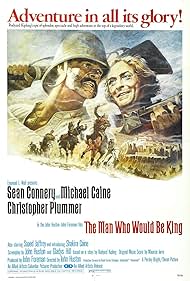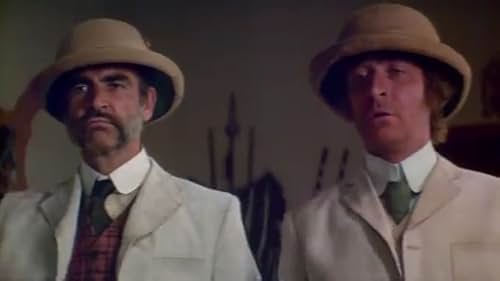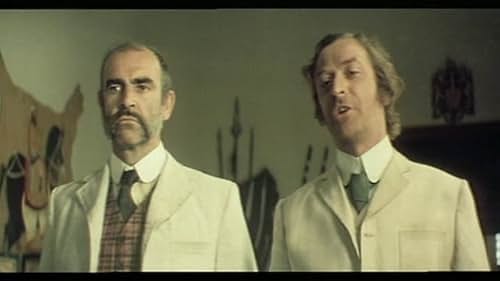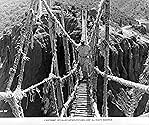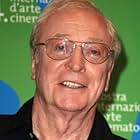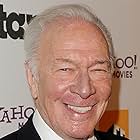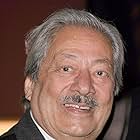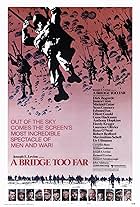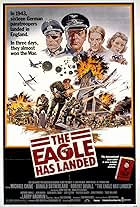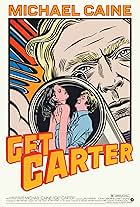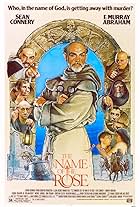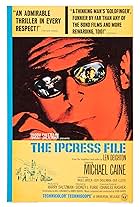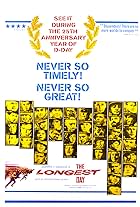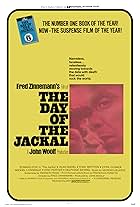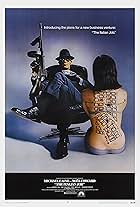In 1880s India, two former British soldiers decide to set themselves up as Kings in Kafiristan, a land where no white man has set foot since Alexander the Great.In 1880s India, two former British soldiers decide to set themselves up as Kings in Kafiristan, a land where no white man has set foot since Alexander the Great.In 1880s India, two former British soldiers decide to set themselves up as Kings in Kafiristan, a land where no white man has set foot since Alexander the Great.
- Nominated for 4 Oscars
- 9 nominations total
- Ootah
- (as Doghmi Larbi)
- Dancer
- (uncredited)
- Dancer
- (uncredited)
- Sikh Soldier
- (uncredited)
- Sikh Soldier
- (uncredited)
- Director
- Writers
- All cast & crew
- Production, box office & more at IMDbPro
Storyline
Did you know
- TriviaKafiristan is part of modern-day Afghanistan (Nuristan Province) and Pakistan (the city of Chitral).
- GoofsBilly Fish acts as an interpreter for Daniel and Peachy to the people of Kafiristan. In fact, Billy speaks Urdu to the Kafiristanis and they reply in Moroccan Arabic, two entirely different languages (this is due to the fact the film was shot in Morocco and Moroccan extras were used).
- Quotes
Daniel Dravot: Peachy, I'm heartily ashamed for gettin' you killed instead of going home rich like you deserved to, on account of me bein' so bleedin' high and bloody mighty. Can you forgive me?
Peachy Carnehan: That I can and that I do, Danny, free and full and without let or hindrance.
Daniel Dravot: Everything's all right then.
The Man Who Would Be King is the single greatest adventure film I've ever seen. It's a story - It's a tale - It's not a series of plot developments (to me, to go further with this plot/story dichotomy, a plot is mechanical (and sometimes that machine is well-oiled) while a story is organic and feels less contrived (though the story, as organic matter sometimes is, can be rotten)). It's a very good story at that. The Man Who Would Be King (I believe as a result of its derivation from Kipling) has a depth and development of character that is foreign to most adventure tales. Few films are as rousing as this and few films that are this rousing have nearly as much to say about mankind.
John Huston, of course, is a master of instilling greatness into traditionally tedious genres. He transformed the mystery, the western, the swashbuckler. Why not the adventure story too? As evidenced in The Maltese Falcon and Treasure of the Sierra Madre, Huston can take what might wind up a plot and transform it into a story. He understands that characters - human, conflicted, devious characters - are essential to creating genre pictures that transcend their genre. Without Huston, this film would have undoubtedly faltered; his steady and determined hand guides this film from the hazards of superficiality without sacrificing entertainment and adventure.
He does not create a great film single-handedly though, as Connery and Caine, who both give tremendous performances, bestow upon Peachy and Daniel immense likability despite their scoundrel airs. Caine proves again why he may be the greatest living British actor and Connery reminds us that there's more to him than 007.
As I said, this is one of the greatest adventure tales brought to the screen. Though some may disagree, in particular my friend who threw the DVD at my head, it's better than any of the late 30s swashbucklers and better than most shoot-em-ups made since.
- jay4stein79-1
- Nov 28, 2004
- Permalink
Details
- Release date
- Countries of origin
- Languages
- Also known as
- Rudyard Kipling's The Man Who Would Be King
- Filming locations
- Production companies
- See more company credits at IMDbPro
Box office
- Budget
- $8,000,000 (estimated)
- Gross worldwide
- $12,678
- Runtime2 hours 9 minutes
- Color
- Sound mix
- Aspect ratio
- 2.39 : 1
Contribute to this page

